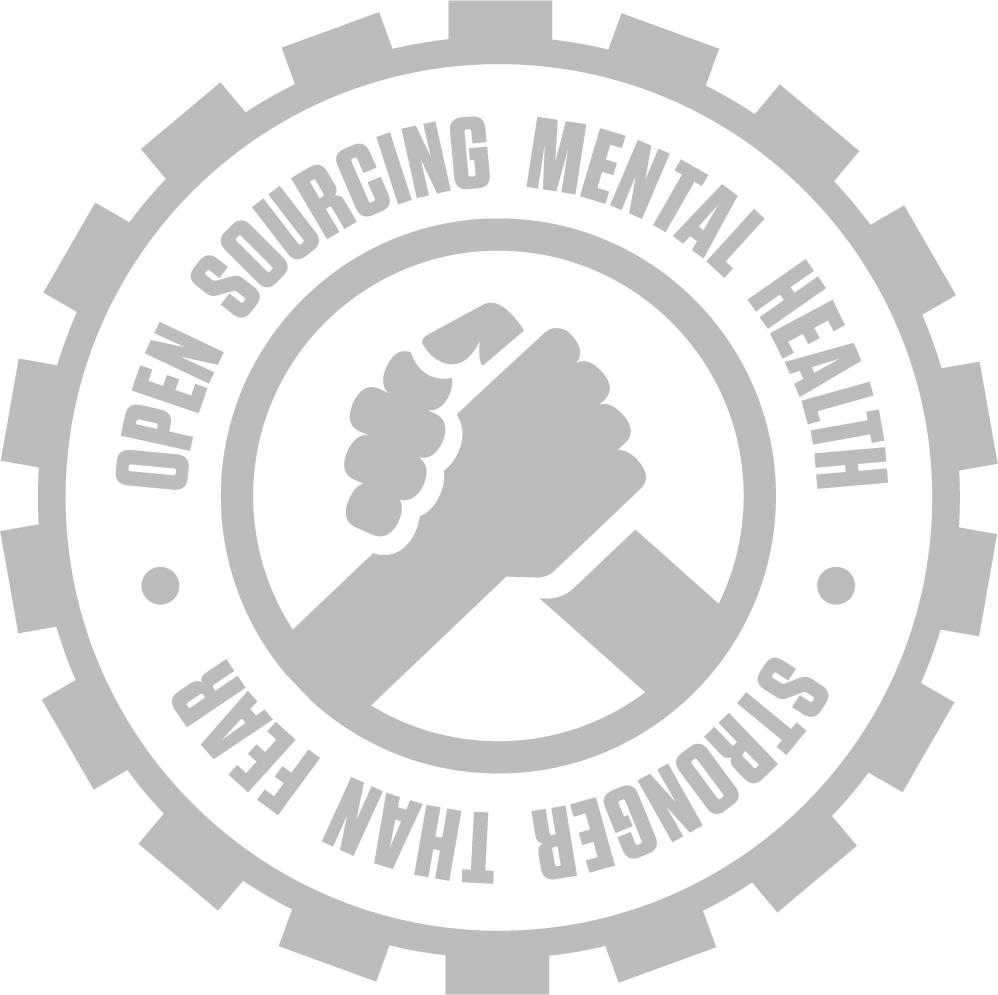Today was an emotional day at Heartifacts Conference in Pittsburgh, Pennsylvania. Heartifacts is a two-day conference that facilitates conversations around mental health, communication techniques, and community involvement.
Our first talk from John Sawers was "Hacking Your Emotional API". Imagine slides filled with API endpoints and code implementing the backend. I learned that there are different levels to unpacking our emotions.
- The first level includes foundational tools, like how to defer anger for later as well as why not to use the word "should" or the phrase "what you really feel".
- The second level is about how to deal with emotions on your own. My favorite example was dancing! Moving your body is a great way to deal with emotions because feelings begin in the physical body.
- The third level is processing emotions with someone else. For example, quickly catch up with someone with an honest "how are you" answer. John said, "Working with a therapist should have no more stigma than bringing in a consultant to your development team." – and he's right.
- The last level is feeling with a group, and John shared his experiences at the P3 Retreat. The short story is: throw a fit in front of others to process your anger.
John left us with this: "These are not soft skills. These are super hard skills."
Next up was Emily Freeman with "The Intelligence of Instinct". Emily's talk was extremely moving, and I can't hope to replicate its effect in this blog post. We listened to Emily give two riveting stories about being in violent situations and listening to your gut. There's a caveat to listening to your gut, which is that sometimes your gut is a false alarm. Fear and anxiety/worry physically manifest in the same way. Emily detailed the differences between our unconscious and conscious brain. The unconscious brain has cognitive bias and uses heuristics. The conscious brain is an investigator who forms hypotheses and creates algorithms. My favorite takeaway from this talk? "Acknowledge your curiosity and allow it to transition into suspicion."
Right before lunch Aisha Blake gave the talk "Give Feedback Fearlessly". This talk included a fun workshop with groups of four! Aisha asked, "Why do we need feedback?" Some of the audience answers were blind spots, course correction, how we learn, and for perspective. All good answers. If we need feedback, why is it scary and uncomfortable? Feedback is wanting to change or encourage a behavior, not a person. Here are some techniques on how to give feedback:
- Be specific. Keep feedback focused and actionable so that there's a clear path forward.
- Deliver feedback proactively. Try not to let things fester for too long.
- Take a breath. Back up a little. Don't jump in angry.
- Check your bias. Your perception of the issue may not match the other person's lived experience.
- Invite discussion. Don't make too many assumptions about the facts of the situation.
After lunch, we got to see so many hedgehogs on the screen. Laura Mosher gave the talk "Harry the Hedgehog Learns You a Communication". Not only did this talk include hedgehogs but it also included many Harry Potter references. Here were Laura's tips for better communication:
Think, then speak. This is the foundation of all communication. Ask yourself the following questions:
- What do I want to say?
- Who am I talking to?
- How should I explain it?
Drop the "nots" because while "nots" reveal truth, they can also enable misunderstanding.
- Drop the "justs." By removing the elitist "just", you make room for growth for others.
- Watch your phrasing. You don't want it to be self-deprecating, stereotyped, or ambiguous.
- Praise in public, critique in private.
Before the conference, I was most looking forward to Hayley Denbraver's talk on "From the Ashes: Rebuilding a Career After a Breakdown in Mental Health". To say the least, I was very emotional during her talk. I won't summarize her full talk as it was very personal, but I loved Hayley's advice.
- Know yourself.
- Know your options.
- Know your boundaries.
- Know your strengths.
- Know your priorities.
- Know that you're worth it.
"How Not to Review a Pull Request" by Aaron Goldsmith was easily the most hilarious talk of the day. First, I learned there are four types of code review behavior:
- Rabbits - timid and questioning, their statements lack conviction
- Idealists - their way is the right way
- Spartans - the review is terse and difficult to parse
- Tornados - indiscriminate and overzealous commenting on everything.
Aaron brought up active pausing, which is taking a step back from now to recognize how a situation is impacting you. Psychological safety was a key point to Aaron's talk. Nobody sets out to do the wrong thing, so we should always trust that our coworkers mean well on pull requests, but verify that this is the case. We are all human. We all make mistakes. We are emotional beings.
The last talk of the day by Jenny Bramble was "Risk-Based Testing: Creating a Language Around Risk". Her message was that if we define shared vocabulary, we can communicate more clearly and precisely because we all know what we're talking about! So what is risk? It could be anything, from something that goes wrong to something awful to a scary situation. Risk is not only the assessment of unfavorable outcomes but it also works to illustrate the likelihood of failure.
All these talks have made me super pumped for tomorrow's talks. I'll be writing about the last day of Heartifacts as well. Talk to you again soon!

